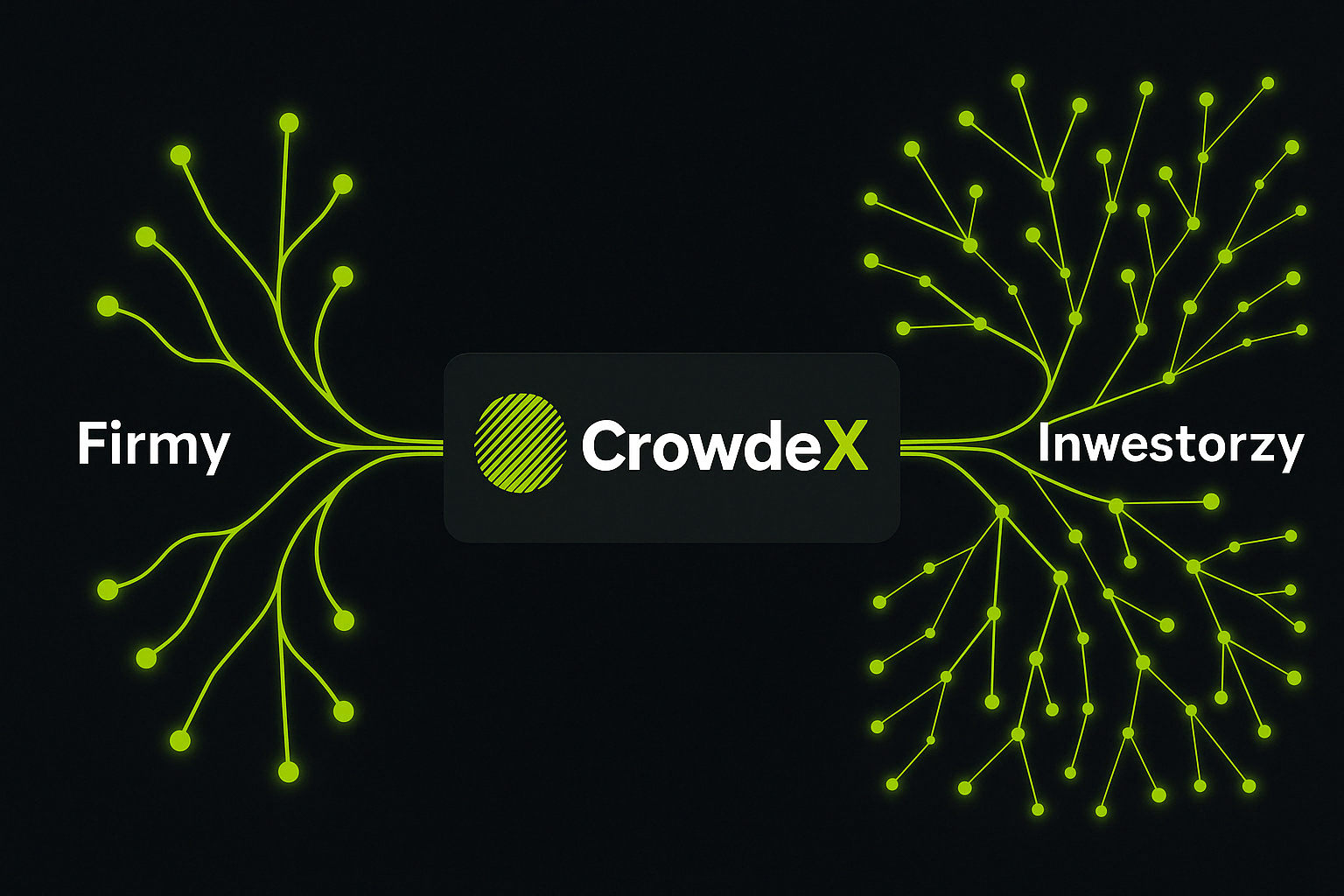
Blockchain technology in asset tokenization - how does it work and why is it reliable?
Asset tokenization is an innovative process that allows real assets to be represented as digital tokens. From real estate to copyrights, more and more valuable assets can be digitized and put into circulation in the form of tokens. A key enabler of secure and effective tokenization is blockchain technology, which is the foundation of this transformation.
What is blockchain in the context of tokenization?
A blockchain is a decentralized data registry that operates through a network of computers that collectively maintain a database of information in an unchanging and chronological form. Each piece of information that enters the blockchain is recorded in a so-called block, which is then linked to the previous block, forming a data chain. This structure ensures the immutability and integrity of the records. In the case of tokenization, the blockchain acts as a digital bookkeeper, recording each token issue, its distribution, turnover and any rights associated with it.
Asset tokenization without blockchain would not be possible on this scale. It is the blockchain that ensures that the token data is reliable, and the token structure itself can be automatically processed and validated by a decentralized network, without the need for intermediaries.
Transparency and immutability of data
One of the main advantages of blockchain is the transparency of data. All information stored in the blockchain is public and available for inspection by network participants. In the context of tokenization, this means that anyone can see who owns a given token, when the transfer of rights took place and what conditions were met. Such transparency reduces the risk of fraud and builds trust on the part of both investors and issuers.
The immutability of the data stored in the blockchain means that once a transaction is approved, it cannot be modified or deleted. The chronology of records is fixed, and any attempt to tamper with the data would require changing all subsequent blocks on the network, which is almost impossible in practice. In the case of tokenization, this means that ownership or participation rights stored in the token are unassailable and verifiable at any time.
Security and decentralization
Blockchain technology is extremely secure precisely because of its decentralized structure. Unlike traditional systems where data is stored on a single server, blockchain stores its data in multiple independent nodes. Each node has copies of all transactions, which means that the failure of one network element does not affect the functioning of the entire system.
In addition, consensus mechanisms - such as Proof of Work or Proof of Stake - ensure that transactions are only approved if they are accepted by a majority of network participants. This minimizes the risk of data manipulation or fraudulent transactions, which is crucial in the context of digital investing.
Automate transactions through smart contracts
Smart contracts are programmable contracts written in code that automatically perform certain actions if the conditions written in their structure are met. In asset tokenization, smart contracts allow, for example, automatic disbursement of real estate revenues, distribution of project profits, or automatic approval of a token transfer when a transaction is paid for.
With smart contracts it is possible to fully automate financial processes, eliminate intermediaries and reduce operating costs. Importantly, the actions of the contract are immutable and execute according to the written code, without the possibility of manipulation. This gives investors a guarantee that the contract will be executed according to the terms.
Blockchain's advantage in tokenization
Blockchain as the foundation technology of tokenization not only provides security and transparency, but also speeds up and simplifies investment processes. Traditional asset investment requires a series of formalities, fees and time. Blockchain shortens this process to a minimum, allowing you to make an investment in minutes, from anywhere in the world.
Technically, blockchain allows tokens to have unique properties - such as the ability to track history, store legal data and automatically validate transactions. This means that a single token can represent financial value, the right to share in profits, voting in project decisions, all in a single digital medium.
Blockchain technology is a reliable pillar of modern asset tokenization. It provides data security, immutability of transactions, transparency and full automation of financial processes. It is thanks to blockchain that it is possible to invest in tokens from a single platform, without the need to trust intermediaries or worry about the integrity of the system.
Blockchain-enabled asset tokenization is not only changing the way we invest, but completely redefining the concept of digital ownership. We are entering an era where assets become globally accessible, transparent and fully digital - all with the highest security standards.









